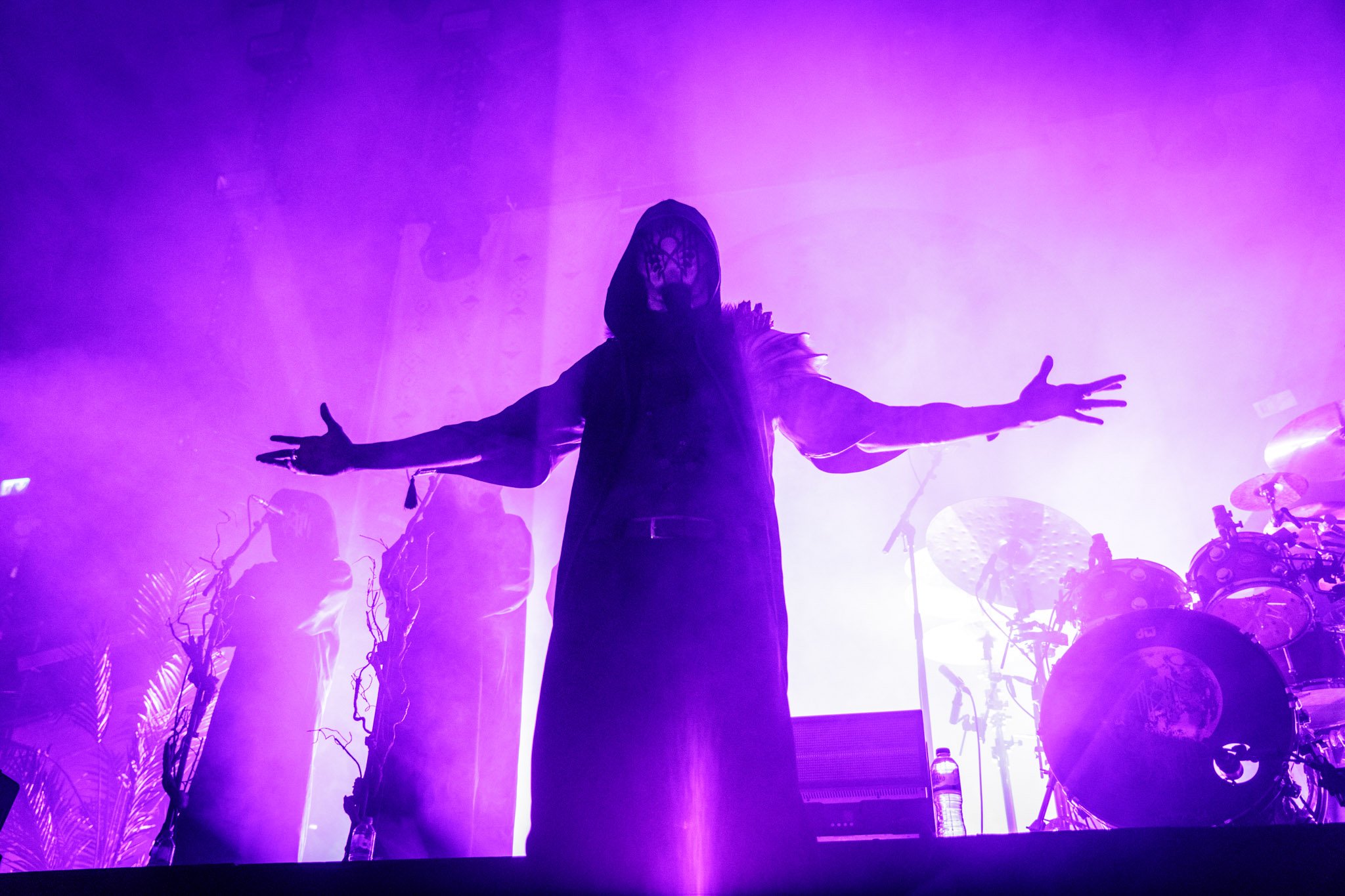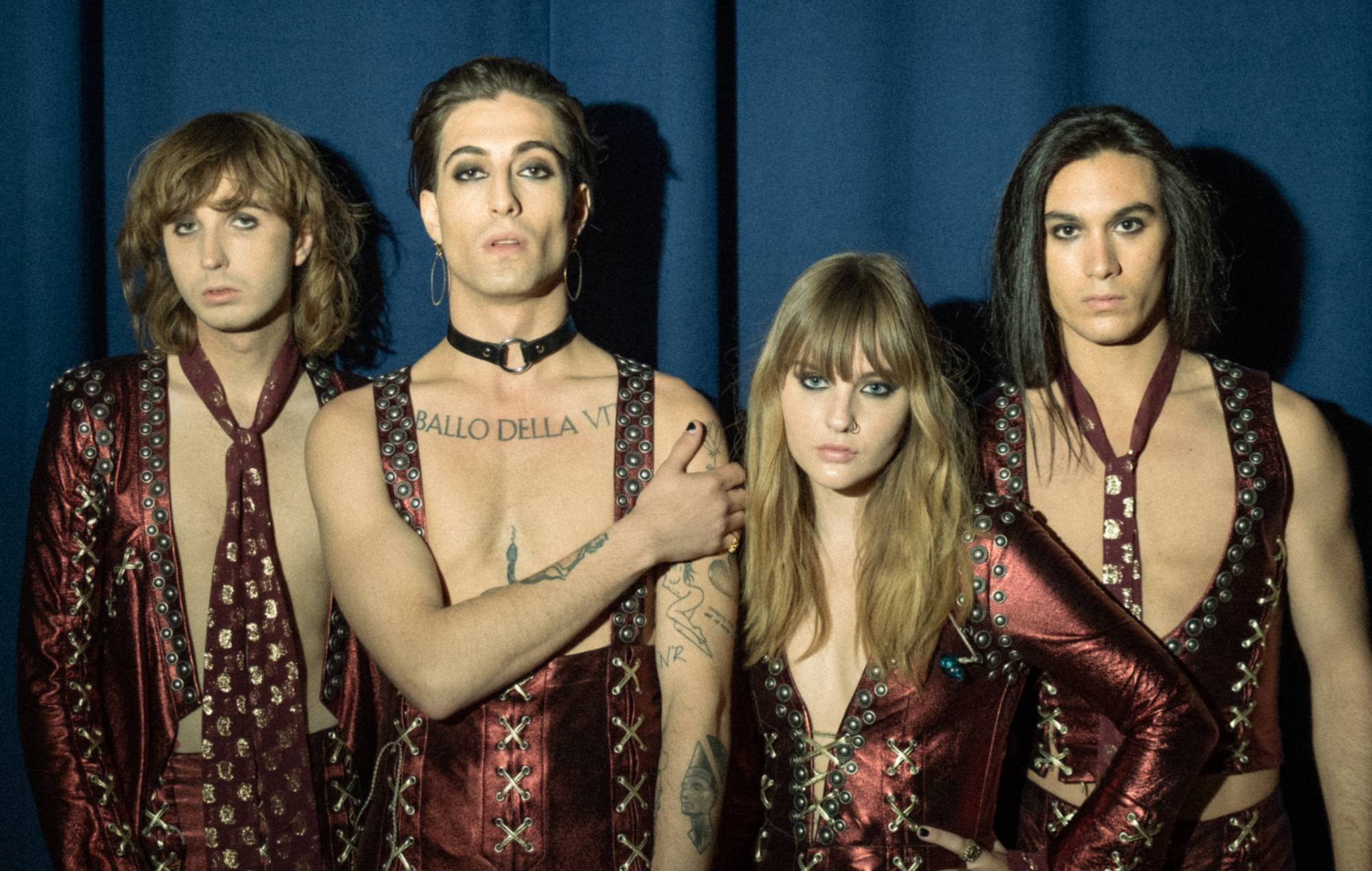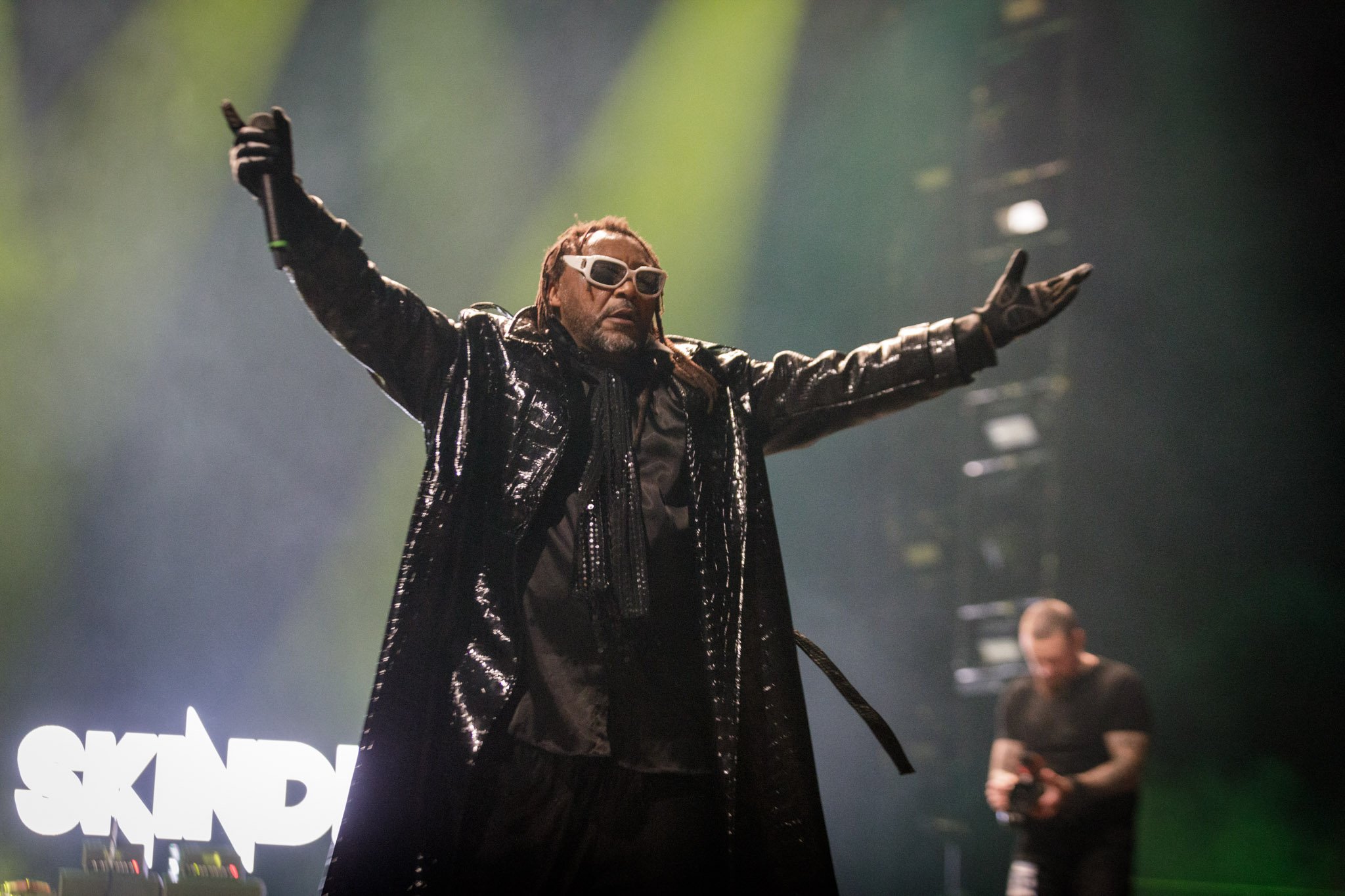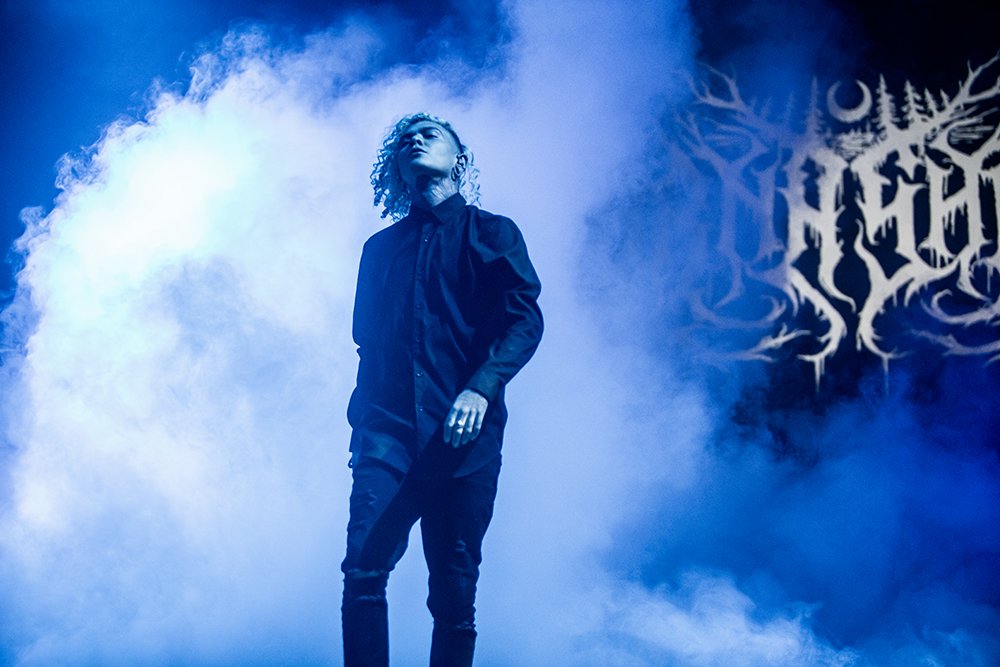666 : Is social media responsible for the next generation of gateway bands?
Ask anyone over the age of 25 which band it was that got them into metal and the answers will often be the same. For myself, it was AC/DC, for others it may be Metallica, Iron Maiden or even Slipknot. These are bands that have been around for the best part of 20/30/40+ year’s yet they still had a lasting influence, inspiring generations to seek out a new realm of music that often fell outside of the mainstream media.
Fast forward to 2023 and a lot has changed, the way we consume media has especially seen a monumental shift with the rise of streaming sites and social media. Gone are the days where bands would have to employ a rigorous marketing technique in order to gain traction; posters in pub toilets and promotional material have instead been swapped by something as simple as a tweet or a short promotional tour video that can be posted on a bands Instagram page.
What this tectonic shift means is that it has now become easier than ever to not just consume music, but to also discover new music as well and not just in our world, but beyond, social media has had a monumental effect on exposure. Whilst the ins and outs of how this came to be would be a whole other article in itself, the fundamental principle is that if you have the image and the online presence, people will pay attention. In short, social media has helped bring exposure to bands in a way that previous promotional tactics simply couldn’t.
The biggest example of this in recent memory in my opinion is Måneskin. To the metal veteran, they probably don’t seem to have anything that could be considered “part of our world”, but to those who are unfamiliar, they may have provided an edge, a heaviness, that they may have previously been unaccustomed too. After their now iconic victory at the Eurovision Song Contest, Twitter became full of Måneskin fan pages and accounts that were simply devout to the band. Pictures of the band were being shared countless times, videos created by fans of the band obtained millions of views and it turned Måneskin from a Eurovision band, into the internationally renowned arena bothering band they are today.
Whilst their sound still hasn’t changed and may still be considered tame, they are still, in my opinion, an ultimate gateway band. It is no secret that targeted marketing and interest focused algorithms mean that those interested in Måneskin content would then see other “metal bands” and then the journey from uninitiated Måneskin fan to hardened metal veteran would begin for the new generation much like it did for previous generations prior.
This is not just limited to a band who first drew headlines by appearing in a singing contest viewed by millions of people anyway. Sleep Token blew up TikTok as the app became inundated with reaction videos to their 2023 song, ‘The Summoning’. This took the band from 800k monthly listeners on Spotify to over 2 Million in the space of two weeks. Skindred’s track Nobody has become the subject of a viral dance trend, Bad Omens have become almost the darlings of Social Media, Lorna Shore’s Will Ramos’s brutal vocal covers currently have 500k likes and millions of views. If this doesn’t show that Social Media is beneficial for the metal scene, then I don’t know what will.
There will always be detractors and gatekeepers of this topic of conversation, giving the old “they’re not metal because they’re being picked up by mainstream publications” but that’s just par for the course these days. I truly believe that it will be bands like Sleep Token, Måneskin, Lorna Shore, Knocked Loose and even already established acts like Bring Me The Horizon and Paramore who also have an insane social media presence that in 20/30 years time will be considered the new gateway of Rock & Metal, all because of social media. It’s a hill I'll happily die on.





When it comes to my Musical Influences, I have only two things to thank, my Mum and the Tony Hawks Pro Skater 4 Soundtrack.